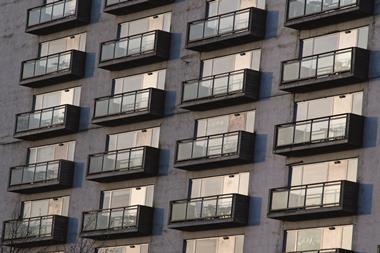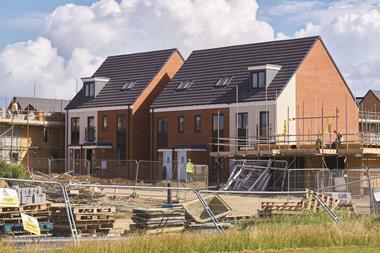
The electronic communications code regulates the relationship between landowners and providers of telecommunications services such as broadband, mobile phone networks, cable television, and landlines.
The code has been in force, subject to some minor changes, since 1984 and was widely considered as not fit for purpose.
It has now been announced that the new electronic communications code will come into force on 28 December 2017.
The new code contains very onerous provisions for landowners who want to remove telecoms equipment, such as mobile phone masts, from their land.
To terminate an agreement protected by the new code, a site provider must serve at least 18 months’ notice on the operator. The site provider must then apply to court and prove one of four statutory grounds, before then serving another “reasonable” period of notice and applying to court yet again to seek removal of the equipment.
However, under the transitional arrangements, a landowner can serve a notice under the old code before 28 December, giving just 28 days’ notice requiring removal of the equipment. A court application would still be required if the operator opposes the removal, and the deck will still be stacked heavily in favour of the operator, but the shorter notice period should greatly increase the chances of an early settlement.

Another key feature of the new code is that operators will be able to access, upgrade, assign and share apparatus with other operators without, subject to some minor exceptions, needing the landowner’s consent.
There will also now be a clearer process for renewing code agreements, with a new method of valuing the remuneration that must be paid to the landowner. Whilst, under the old code, it was commonly regarded that the operator must pay market value, the valuation must now disregard any impact on rent caused by the site being suitable for an electronic communications network, and it must be assumed that there are other available sites for the equipment.
Overall, the new code provides landowners and operators with a clear and certain process for renewal of agreements, albeit probably at the expense for landowners of lower rental streams.
Operators struggling to offer strong mobile phone signals across the country will benefit from sweeping new powers to upgrade equipment and will benefit from, presumably, substantial cost savings by sharing equipment with other operators. It remains, though, extremely difficult for landowners to get rid of telecoms operators once they have been let onto their land, so should exercise caution if they have any intention to develop the land in the future.
































No comments yet